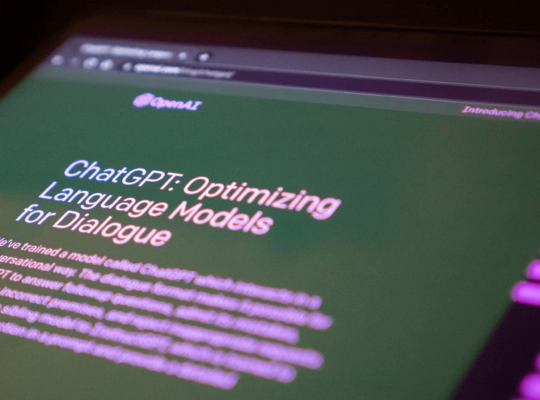Bullying and misconduct in schools is a major issue that has been affecting students for generations. It is a complex problem that has far-reaching consequences for both the victims and the perpetrators. While traditional approaches to curbing bullying and misconduct, such as punishment and suspension, have had some success, they are limited in their ability to address the root causes of the problem. In order to effectively curb bullying and misconduct in schools, it is necessary to explore every avenue to create a safe and inclusive learning environment.
One approach to curtailing bullying and misconduct is through education and awareness. This can be achieved through incorporating anti-bullying programs into the school curriculum, as well as through training teachers and staff to recognize and respond to instances of bullying and misconduct. These programs can also involve engaging students in activities that promote empathy, respect, and inclusion, such as peer-mentoring programs, conflict resolution workshops, and anti-bullying campaigns.
Another avenue for curtailing bullying and misconduct is through the implementation of restorative justice programs. This approach seeks to repair the harm caused by bullying and misconduct by bringing together the victim, the perpetrator, and members of the community to address the harm caused and find a resolution. Restorative justice programs can help to promote accountability, foster understanding, and heal relationships between students.
The role of parents and families in addressing bullying and misconduct cannot be overstated. Families can play a critical role in educating their children about the effects of bullying and misconduct, as well as in providing support and resources to students who may be experiencing these problems. Additionally, schools can work with families to create a community-wide approach to addressing bullying and misconduct, through programs such as parent-teacher associations, parent workshops, and community-wide anti-bullying campaigns.
Another important avenue for curtailing bullying and misconduct is through the creation of a positive school climate. This includes creating a safe and inclusive learning environment that values diversity and encourages positive relationships between students. This can be achieved through promoting a culture of respect, fostering a sense of belonging among students, and creating opportunities for students to build relationships and engage in activities that promote inclusion and respect.
The use of technology is also becoming an increasingly important avenue for addressing bullying and misconduct in schools. Social media platforms and other online spaces can be used to report instances of bullying and misconduct, as well as to promote positive behaviours and attitudes among students. Additionally, online tools and resources can be used to provide students with the support they need to address these issues, such as online counselling services and resources for coping with bullying and harassment.
Finally, the role of school administrators and policymakers in curtailing bullying and misconduct cannot be overstated. Administrators can play a critical role in creating policies and procedures that promote a safe and inclusive learning environment, as well as in providing the resources and support necessary to implement these policies effectively. Additionally, policymakers can create laws and regulations that address bullying and misconduct in schools, such as anti-bullying legislation, and allocate funding for anti-bullying programs and initiatives.
In conclusion, the problem of bullying and misconduct in schools is a complex one that requires a comprehensive and multi-faceted approach. By exploring every avenue to create a safe and inclusive learning environment, we can work towards curtailing bullying and misconduct and promoting positive behaviors and attitudes among students. Whether through education and awareness, restorative justice programs, the involvement of families and communities, the creation of a positive school climate, the use of technology, or through the actions of administrators and policy makers, we have the power to create a world where all students are valued, respected, and able to thrive.

Meet Sir Faisal Amin – a visionary educator and content management expert, who has made a lasting impact in the education sector with his unwavering commitment and passion.








